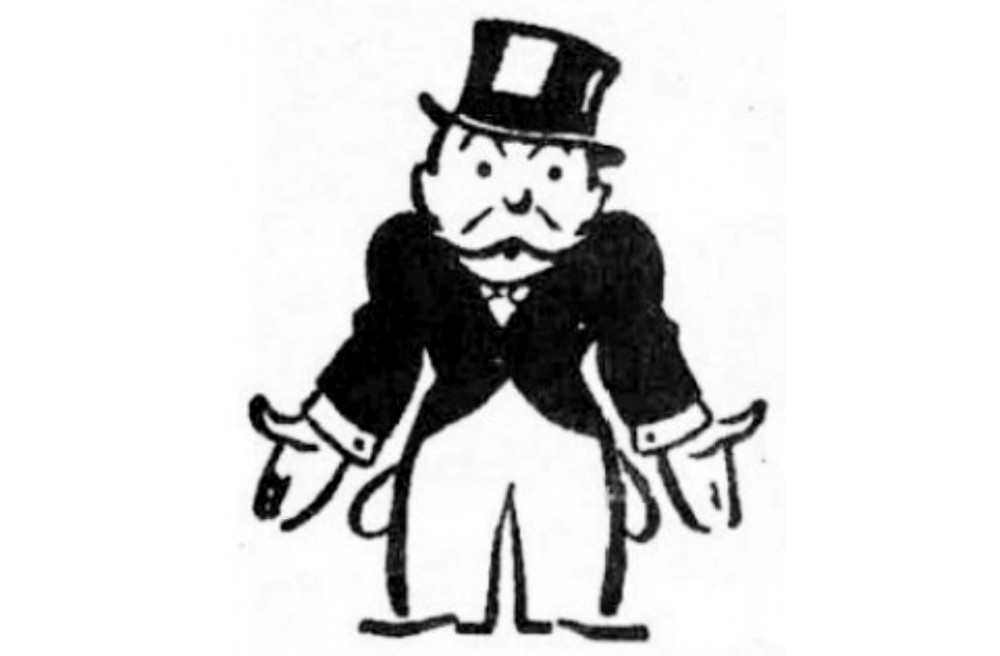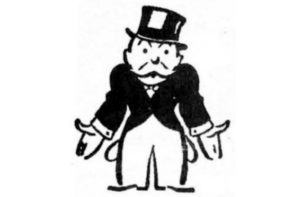
A study from the notorious socialists at the Harvard Business Review analyzed data from the Gallup World Poll and the World Top Incomes Database and found that in countries with a large degree of wealth inequality, “levels of life satisfaction” go down, and “negative daily emotional experiences” go up, for all populations, including the richest. While life satisfaction was negatively related to increased income inequality, we did not find a relationship between positive emotional well-being and inequality at the very top of the income distribution.
This is probably because the things that make up positive emotional experiences have little to do with income and rank. But the flip side of daily positive emotional experiences are negative emotional experiences — and we did find that these rise along with the incomes of the top 1%. In societies where the richest hold most of the country’s income, people were more likely to report feeling feeling “stressed,” “worried,” or “angry” on the day before the survey. So, on aggregate, as the incomes of the 1% pull away from those of the rest, people’s overall life satisfaction is lower and their day-to-day negative emotional experiences are greater in number. Income Inequality Makes Whole Countries Less Happy [Jan-Emmanuel De Neve and Nattavudh Powdthavee/Harvard Business Review]
Read more here Income inequality makes the 1% sad, too